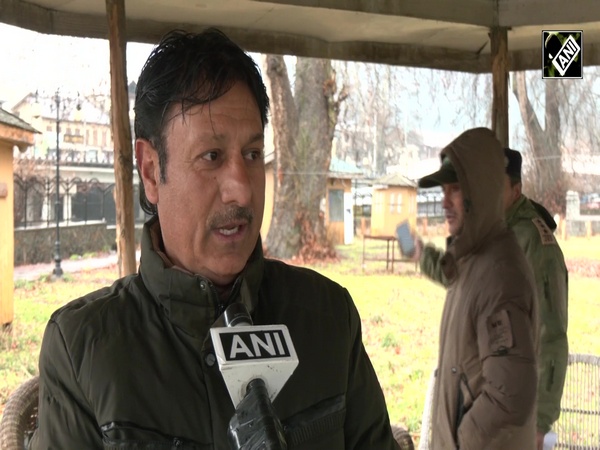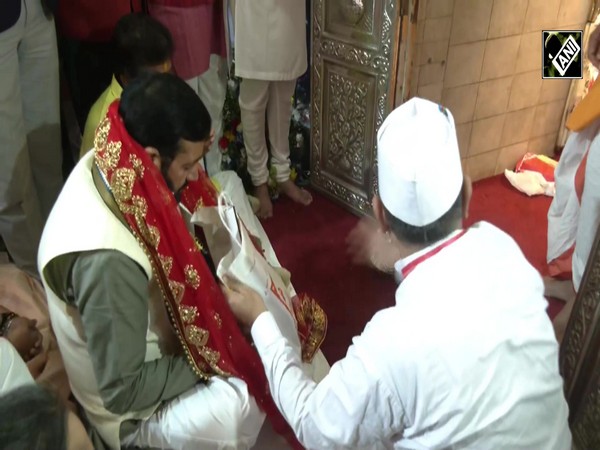"Constitution no less than Gita, Quran, Bible for us": Adhir Chowdhury in Lok Sabha
Sep 19, 2023

New Delhi [India], September 19 : Congress leader Adhir Ranjan Chowdhury on Tuesday said that nobody should try to create an unnecessary rift between ‘India’ and 'Bharat' as there is no difference between the two as per the Constitution of India.
While speaking in the Lok Sabha at the new Parliament complex on the second day of the five-day special session, Chowdhury read the Preamble in the new Parliament building.
"This Constitution is no less than the Gita, Quran and Bible for us. Article 1 says, "India, that is Bharat, shall be a Union of States..." It means that there is no difference between India and Bharat. It will be better if nobody tries to unnecessarily create a rift between the two," he said.
The controversy was triggered after the invitation for the G20 dinner was sent out in the name of the President of 'Bharat' and not India.
The debate started after Union minister Dharmendra Pradhan shared on X, formerly Twitter, a G20 dinner invite in which Droupadi Murmu was described as 'President of Bharat'.
After the Cabinet approved the Women's Reservation Bill, Congress leader said that demand for the Women's Reservation Bill was initiated by the United Progressive Alliance (UPA) and Sonia Gandhi.
Adhir Ranjan Chowdhury told ANI, “We want the Women's Reservation Bill to be brought and passed as soon as possible. The demand for the Women's Reservation Bill was initiated by UPA and our leader Sonia Gandhi. It took so long, but we will be happy if this is introduced."
“See, this is Congress's bill. We introduced it on March 9, 2010. BJP has been in power for more than 9 years, why did you remember the Women's Reservation Bill just before the elections? If this bill comes on the table today, we will welcome it because everybody agrees that the participation of women in the House and the Legislative Assembly should increase,” Ranjeet Ranjan told ANI.
The Women's Reservation Bill seeks to reserve 33 per cent of seats in the Lok Sabha and state legislative assemblies for women. Despite being a crucial step towards gender parity and inclusive governance, the Bill has remained in legislative limbo for far too long.

















